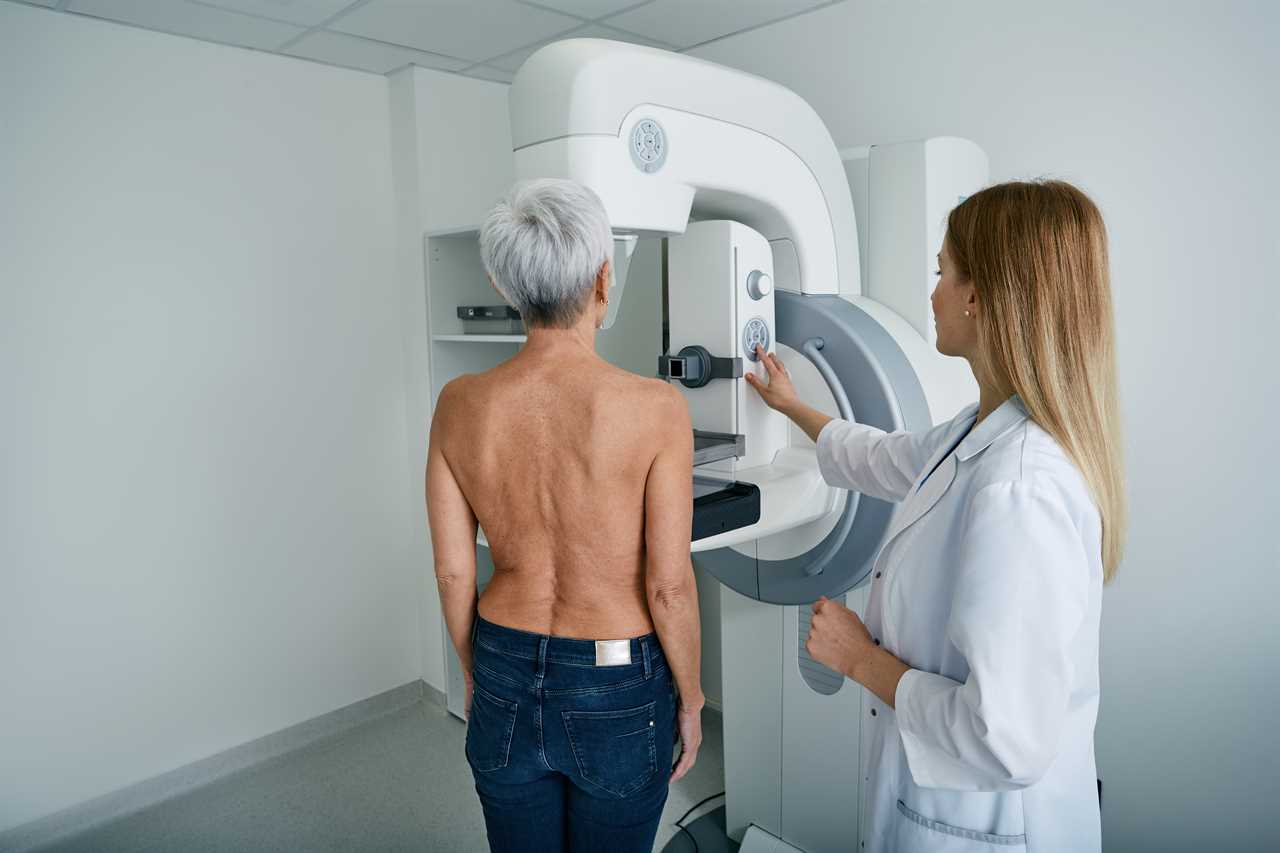
Stay healthy and protect yourself from winter viruses
With Christmas just around the corner, the last thing anyone wants is to be struck down by a nasty bug. Reports of the "worst cold ever" are circulating, and cases of flu, RSV, and norovirus are on the rise. But don't panic! By taking some simple precautions, you can protect yourself and stay healthy during the festive season.
Take care of yourself and your immune system
One of the key factors in catching a cold is coming into contact with infected individuals. So, it's important to look after yourself and boost your immune system. During this busy time of year, it can be challenging to maintain healthy habits. However, getting enough sleep, eating nutritious meals, staying hydrated, and exercising can all help strengthen your defenses against bugs. Remember to wash your hands regularly and cover your mouth when you sneeze!
Reader questions answered
Here are some questions from our readers this week:
Q: How can I prevent my non-alcoholic fatty liver from getting worse?
A: Non-alcoholic fatty liver disease (NAFLD) is caused by a build-up of fat in the liver unrelated to alcohol consumption. It is often associated with excess body fat and conditions like type 2 diabetes. The good news is that lifestyle changes can help reduce the risk of NAFLD getting worse. Losing weight, adopting a healthy diet, exercising regularly, and reducing alcohol consumption are all recommended.

Q: Should I see a consultant about my breast symptoms?
A: It's important to understand the difference between screening and investigations. Screening mammograms are designed to detect early-stage breast cancer before symptoms appear. However, if you develop symptoms like an inverted nipple, it's necessary to undergo further investigations. Make an appointment with your GP to discuss your symptoms and get a referral if needed.
Q: How concerned should I be about a dark blemish on my skin?
A: Being referred on a suspected cancer pathway can be alarming, but it's important not to jump to conclusions. Seborrheic keratosis is a common skin condition that often resembles skin cancer. However, most lesions referred for further investigation turn out to be non-cancerous. Contact your GP to address your concerns and seek reassurance.
Q: What does my PSA test result mean?
A: The PSA test measures prostate-specific antigen levels, which can vary in terms of measurement units. In your case, a result of 0.52μg/L is equivalent to 0.52ng/mL. Generally, a PSA level of 0.52ng/mL is considered low. However, it's important to consider your age, medical history, and symptoms when interpreting the results. Consult with your healthcare provider for further clarification.






